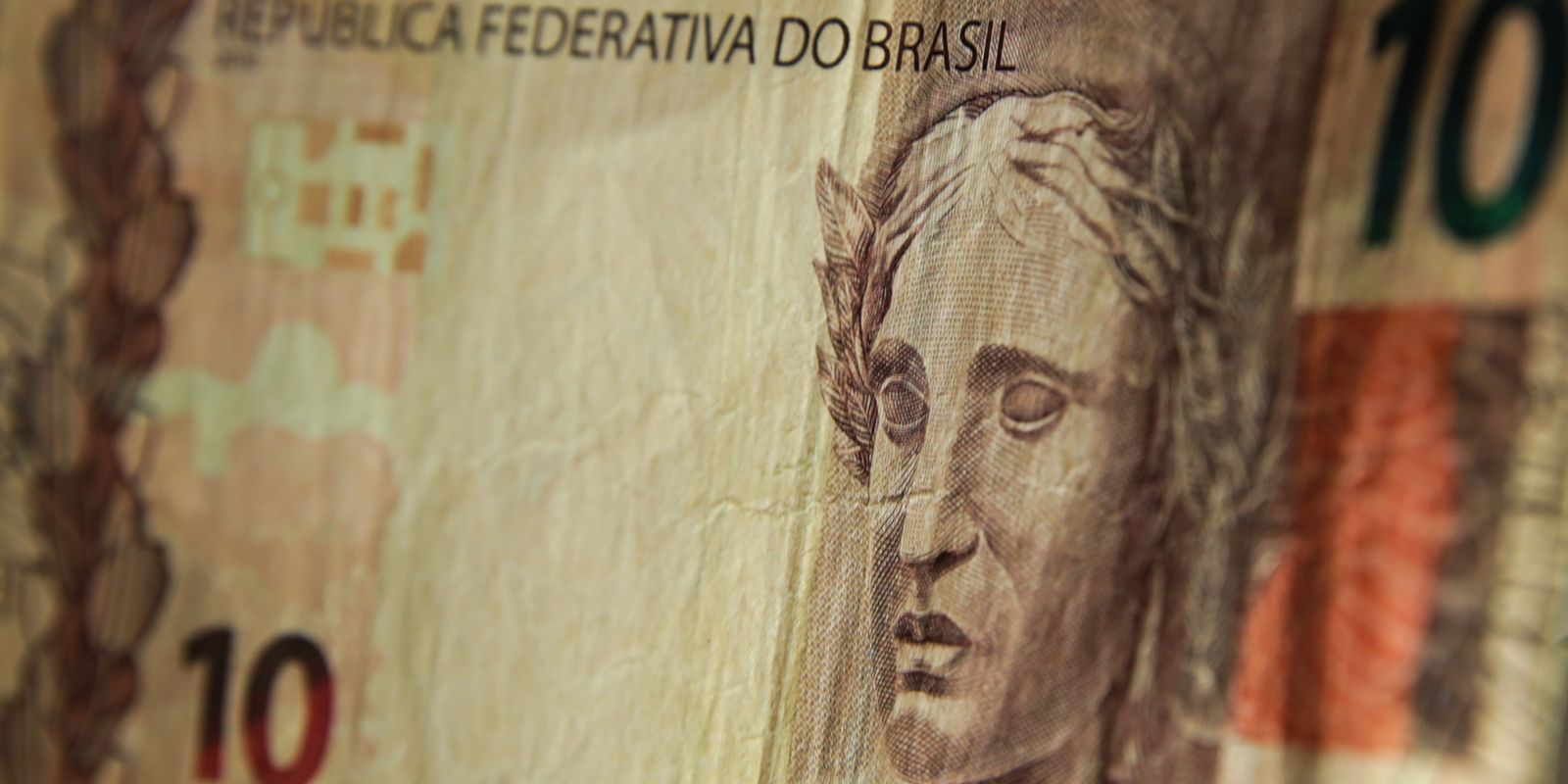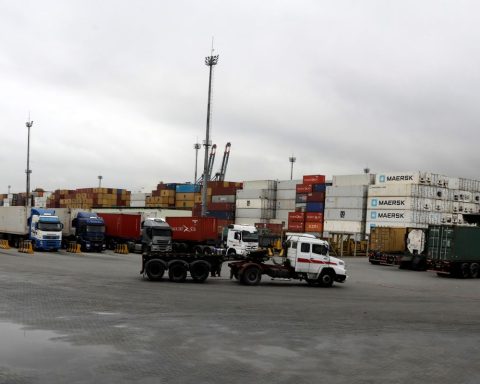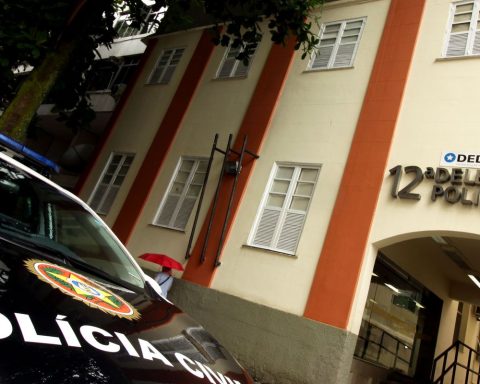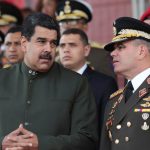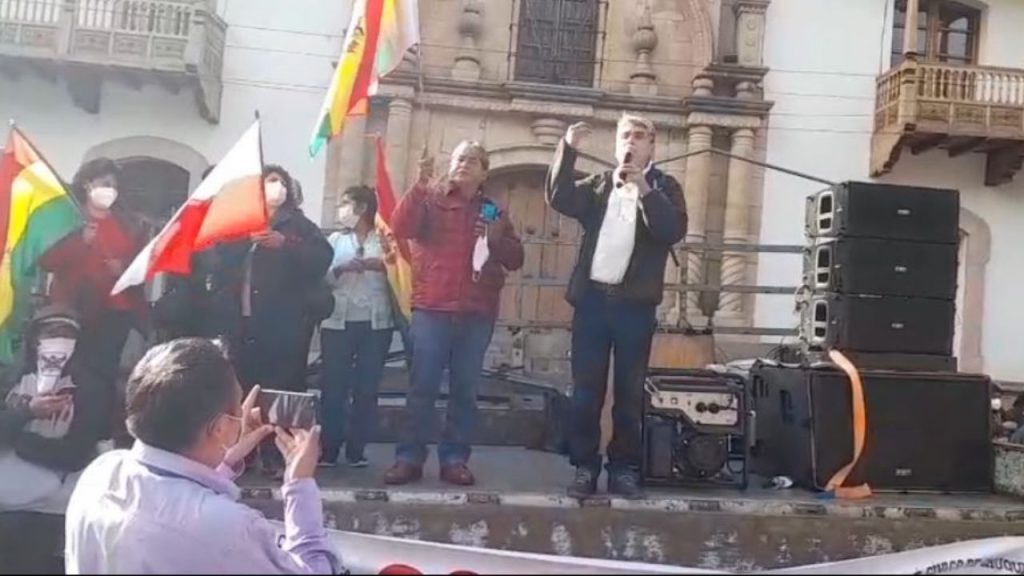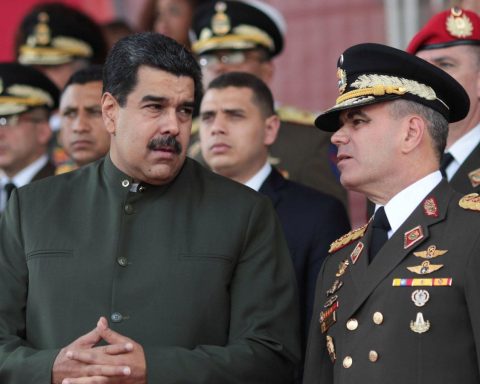The increase in poverty stems from a global economic crisis caused by the covid-19 pandemic, said today (17) the Minister of Economy, Paulo Guedes. In a presentation of the portfolio’s year-end balance sheet, he said that Brazil has done its homework and that the measures to support the economy taken in 2020 were felt in 2021.
According to the minister, other countries, including advanced economies, have experienced an increase in poverty and inflation this year. He compared the economic effects of the pandemic to the impact of a war.
“Some will say that Brazil is poorer. Yes, wars impoverish. The whole world got poorer. Inflation is also high in Germany, the United States and China. Is it the fault of the Bolsonaro government? Say that government A or B lost fewer jobs, but any other government faced the covid? So we cannot compare”, declared the minister.
The minister criticized forecasts from the end of last year that the Brazilian economy would grow 3.5% this year, saying that the country reaches the end of 2021 with an expected growth of around 5%. For Guedes, the economic recovery in relation to the most acute phase of the pandemic is over and was due, in large part, to measures to support employment and income taken last year.
“It all came to fruition this year, when the economy picked up. The synthesis of 2021 is that the predictions that Brazil would go wrong failed, the economy really came back in a ‘V’ and grew 5% this year”, reiterated Guedes. The minister did not comment on the 0.1% drop of Gross Domestic Product (GDP, sum of goods and services produced) in the third quarter, which configures a technical recession.
Inflation
For the minister, inflation, currently above 10% in 12 months, is a temporary phenomenon, resulting from the pandemic. He said the biggest pressures on prices come from supply problems, such as the global shortage of some raw materials and the interruption of trade flows and supply chains.
“There was inflation all over the world. All over the world, salaries, pensions and rents lost purchasing power and governments maintained social programs. But the production chains dismantled, and this adverse supply shock took away income, jobs and brought inflation all over the world. If it’s true that inflation has gone up, is it our fault or that of the covid?”, he commented.
Public Accounts
In Guedes’ assessment, proof that the Brazilian government is doing its homework can be expressed by the reduction in the primary deficit, a negative result in the government’s accounts without the interest on the public debt. For the minister, no country has managed to make a fiscal adjustment as expressive as Brazil, even in a pandemic scenario.
“It’s true that we got into debt a little more, but the states and municipalities improved their results. Eleven states that were in red have reverted to blue. We do not let regional governments collapse for lack of resources”, he declared. Guedes added that federal spending returned to 19.5% of GDP in 2021, similar to the level recorded in 2019, after having risen to 26% of GDP in 2020, because of the pandemic.
At the end of November, the economic team improved its 2021 primary deficit projections to BRL 95.8 billion (about 1.1% of GDP). For 2022, the Union’s General Budget project originally forecast a deficit of 0.5% of GDP, but the government’s decision to increase expenditures to support Auxílio Brasil from R$400 will raise the deficit to 1.4% of GDP next year. year.
Privatizations
In the portfolio’s year-end balance, Guedes criticized what he called a delay in the privatization of Correios and Eletrobras. For him, other Powers are imposing obstacles to the sale of companies.
“It is unacceptable that you cannot sell. If it doesn’t look like it’s a tortoise operation, to disobey the popular will. The president has committed to a privatization program. When you are going to privatize, are other Powers preventing privatization? This sets an unpleasant precedent,” he complained.
